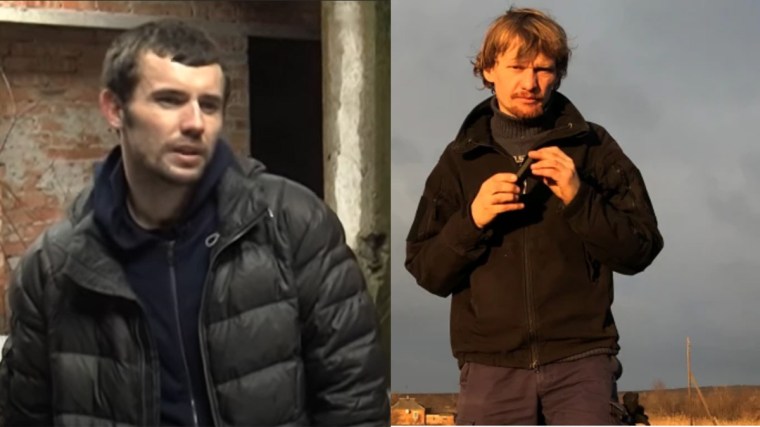The Torch is a weekly newsletter from the Committee to Protect Journalists that brings you the latest press freedom and journalist safety news from around the world. Subscribe here.
Seven journalists have been killed since Russia launched its full-scale invasion of Ukraine in February. Most recently, Lithuanian documentarian Mantas Kvedaravičius was killed “with a camera in his hand” trying to leave Mariupol on April 2, and police disclosed that Ukrainian journalist Maks Levin, who had been missing since mid-March, was found dead on April 1.
As the war continues, the situation for journalists on the ground has changed, as foreign and local journalists have been wounded and detained. CPJ calls on Ukrainian and Russian authorities to do everything in their power to guarantee the safety of journalists covering the war.
More from CPJ’s coverage of the war:
- Ukrainian journalist Dmytro Khilyuk held by Russian forces since early March
- Russian prosecutor requests harsh sentences for editors of student-run magazine DOXA
- Russian forces release Ukrainian journalist Oleksandr Gunko
- Hungarian journalists fear Orbán will use election win to tighten grip on independent media
- Indian journalist Rana Ayyub spoke to CPJ about facing death threats and a money laundering probe
- Guatemalan journalist Juan Luis Font leaves the country after former official accuses him of unlawful association
- CPJ welcomes release of Ethiopian journalists Temerat Negara, Amir Aman Kiyaro, and Thomas Engida after four months in detention
- Myanmar authorities sentence reporter Win Naing Oo to five years in prison for terrorism
- Cameroon media regulator suspends Equinoxe TV journalists and current affairs show for one month
- CPJ calls on Sri Lankan government to respect press freedom amid nationwide state of emergency
- Ghanaian soldiers assault journalist Michael Aidoo, delete photos and video
- Hold the Line Coalition condemns 16 new legal complaints against Maria Ressa and Rappler
- Iraqi TV show “With Mulla Talal” suspended for criticizing the army
Spotlight

This week, CPJ documented the cases of two Jordanian journalists who were targeted by Pegasus, spyware made by the Israeli company NSO Group that has been used to monitor journalists’ cellphone cameras and microphones, emails, texts, and calls. Jordanian journalist Suhair Jaradat had her phone infected with Pegasus on at least six separate occasions in 2021. “I can’t think of a reason but my articles,” she told CPJ.
Journalists have also been targeted by Pegasus in Morocco, the United Arab Emirates, and Saudi Arabia, among other countries. Journalists concerned they might have been targeted with spyware can find resources in CPJ’s safety advisory on Pegasus.
CPJ and researchers from the Global Reporting Center at the University of British Columbia have launched a survey to investigate the effects of disinformation and harassment targeting journalists. If you’re a working journalist over 18 years of age, we invite you to fill out the survey.
The survey should take no more than 20 minutes, and is available in English, French, Hindi, Portuguese, and Spanish. All responses will remain anonymous. More details can be found on the Global Reporting Center website.
Please forward information about the survey to any journalists who may be interested in contributing to research about credibility attacks on members of the press.
What we are reading (and listening to)
- CPJ’s Robert Mahoney on CBS News: How we can protect journalists on the ground in Ukraine
- Ann Cooper on the annihilation of Russia’s independent media — Karolin Vinyasas, NARA
- The race to save everything as war threatens the internet in Ukraine and Russia — Katia Patni, Coda
- “We will erase you from this land:” Crimes against humanity and ethnic cleansing in Ethiopia’s western Tigray zone — Human Rights Watch
Explore our database of attacks on the press.
Do you have an Amazon Alexa-enabled device? Enable CPJ's flash briefing skill to stay up to date with the latest press freedom news from around the world.
